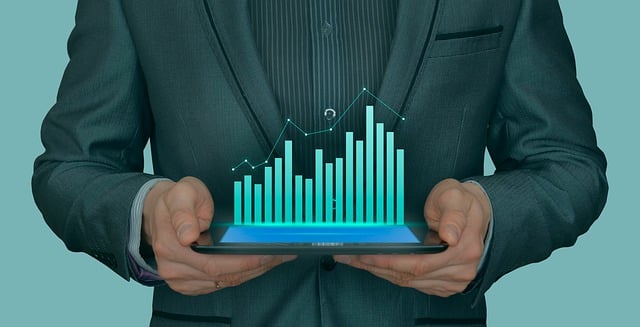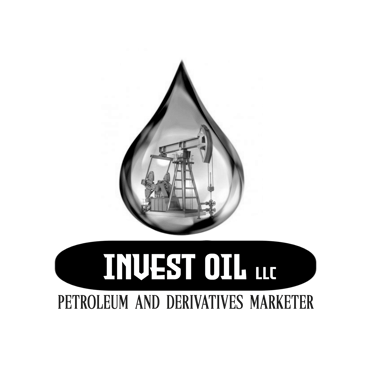Crude Oil Markets: Where Business Meets Connection
Descripción de la publicación.
Ollantay Villalobos
12/1/20243 min leer


Oil might fuel our cars and industries, but behind every barrel traded is a web of human connections driving the global economy. In a world where transactions often feel impersonal, the crude oil market stands out for the relationships it builds. Here’s a closer look at how these markets work and why platforms that prioritize people, like Invest Oil, are reshaping the game.
Why Crude Oil Matters More Than You Think
Think of crude oil as the glue holding our modern world together. It powers industries, heats homes, and even contributes to the production of everyday items like plastics and textiles. But crude oil isn’t just about supply and demand. Its trading requires precision and trust, especially in a market that operates on a global scale.
Fluctuations in oil prices can ripple through entire economies, impacting everything from transportation costs to manufacturing. That’s why having a reliable system for trading crude oil is critical—and why platforms offering transparency and fairness are leading the charge.
Breaking Down the Trading Process
Oil trading is more than just a handshake or clicking "confirm" on a digital platform. It’s a series of steps that include:
Sourcing: Locating and securing crude oil from suppliers.
Negotiating: Ensuring that both buyer and seller agree on pricing, terms, and delivery conditions.
Logistics: Coordinating the transportation of oil, often across oceans and borders.
Platforms that simplify this process allow participants to focus on the big picture: growing their businesses. They also help reduce risks, whether it’s unexpected delays or fluctuating market conditions.
The Role of Trust in Oil Markets
Trust isn’t a buzzword—it’s the foundation of every successful deal. Imagine negotiating a high-value oil shipment with a stranger. Wouldn’t you want assurances about quality, delivery timelines, and payment security?
This is where platforms like Invest Oil come into play. By fostering open communication and vetting participants, they ensure that every transaction feels secure. Whether you’re a seasoned trader or new to the industry, trust reduces stress and creates a smoother trading experience.
Technology as the Connector
The oil market of today looks nothing like it did 20 years ago, thanks to technology. Digital platforms have replaced countless phone calls and paperwork with streamlined solutions. Here’s how tech is reshaping the industry:
Data at Your Fingertips: Platforms now offer real-time pricing updates and market analysis.
Automated Processes: From invoicing to compliance checks, automation saves time.
Global Reach: Online platforms connect traders from different countries, breaking barriers and opening new opportunities.
But here’s the kicker: even with all these advancements, the human touch remains irreplaceable. Technology might be a tool, but people drive the deals.
Sustainability in Oil Trading
Sustainability might not be the first thing that comes to mind when you think of oil, but it’s becoming a critical factor. Buyers and sellers are looking for ways to reduce their carbon footprints, whether through cleaner shipping methods or investing in greener energy initiatives.
Platforms that align with these values not only attract environmentally conscious traders but also set the standard for future practices.
Shaping the Future of Oil Trading
The crude oil market is evolving, but at its core, it remains a people-driven industry. Platforms prioritizing fairness, transparency, and human connection are paving the way for smarter, more sustainable trade.
Whether you’re buying your first barrel or managing a massive shipment, the best deals come from trust, collaboration, and a shared vision for success. After all, trading isn’t just about numbers—it’s about creating lasting partnerships that make a difference.
FAQs
1. How does crude oil trading impact the global economy?
Oil is essential for energy and manufacturing, so its pricing and availability influence transportation costs, production, and even inflation.
2. What makes a trading platform reliable?
A reliable platform ensures transparency, provides real-time market data, and fosters trust between buyers and sellers.
3. Why is sustainability important in oil trading?
As industries move toward greener practices, sustainable trading methods help reduce environmental impact and align with global goals.
4. Can small businesses participate in oil trading?
Absolutely! Modern platforms make it easier for smaller players to enter the market with tools and support for competitive trading.
5. How has technology improved oil trading?
Tech has streamlined processes like pricing, compliance, and logistics, connecting global traders faster and more efficiently than ever before.
Connections
We facilitate fair transactions in the global oil market.
Contact Us
What do you want to know?
contacto@investoil.es
info@investoil.es
© 2024. All rights reserved.
